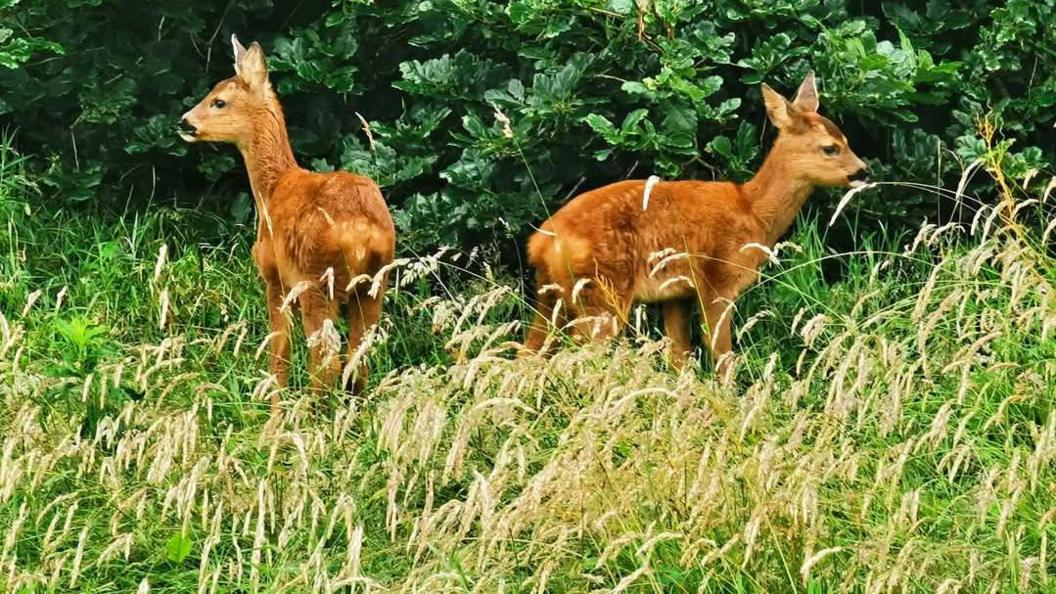Council wants feedback on 'no mow' zones
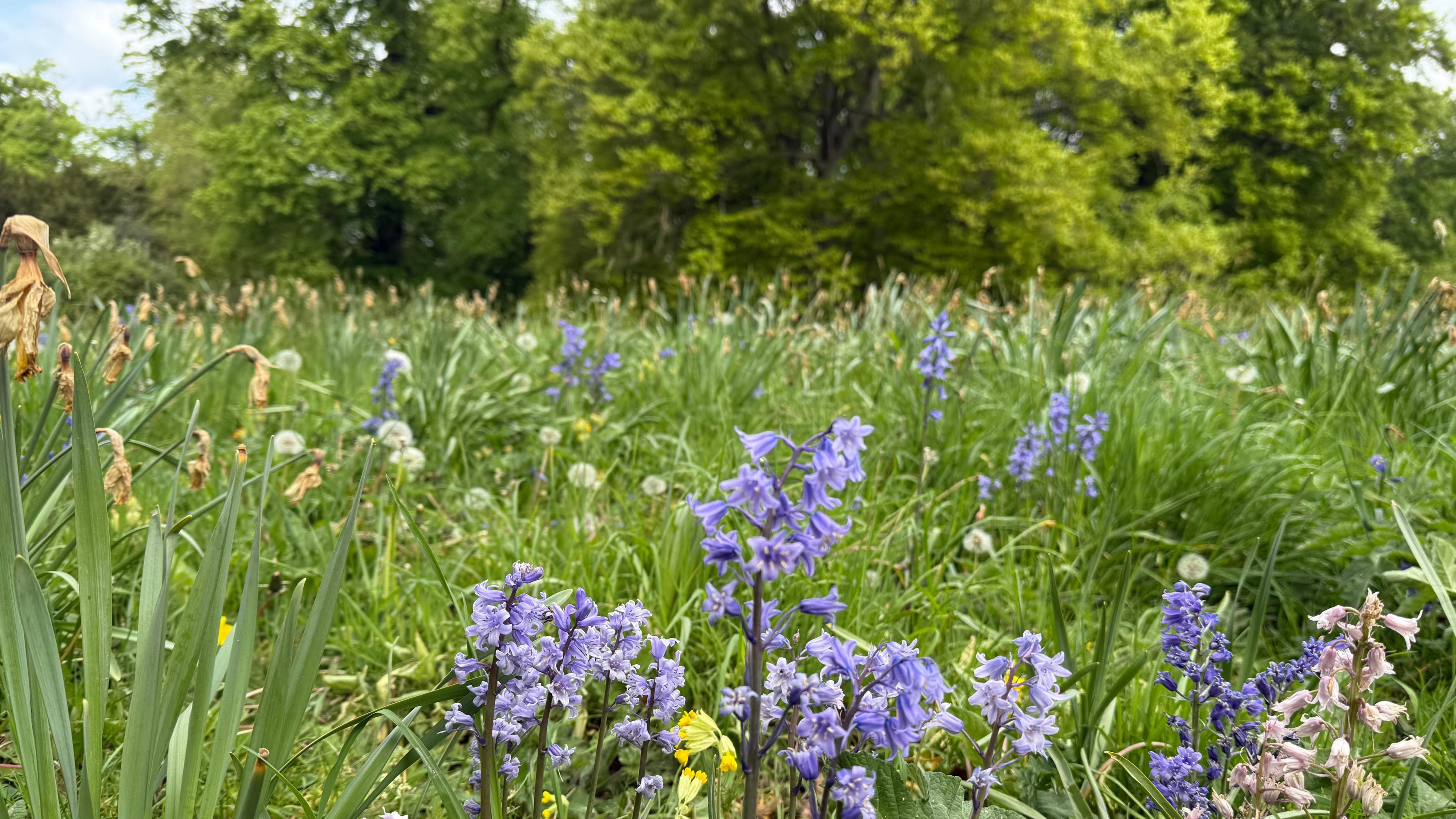
Wildflowers are seen as the best option for pollinators
- Published
Grass could be left to grow long in a Wiltshire town as new 'no mow' zones are proposed.
These are areas which are left unmown for part or all of the growing season to support biodiversity, pollinators, and natural beauty.
Trowbridge Town Council has launched a survey asking residents where they want to see designated areas in the town in 2026.
Mel Jacob, leader of Trowbridge Town Council said: "We want to hear people's views. If people are in favour of the idea, then we can look more closely with residents in particular areas."
Research by Plantlife, which first started the No Mow campaign in 2019, showed mowing grass less frequently helps to provide enough nectar sugar for 10 times the number of bees, butterflies, moths, beetles and other pollinators.
Talking about the importance of letting nature thrive, Ms Jacob said: "Most of us have a lawn that we cut - by doing that you're getting rid of all the wildflowers that would have been living within the grass and reducing insect life.
"The campaign is about allowing grass to grow which means you bring back more wildflowers and more insects which in turn help the birds and all the other wildlife that's around."
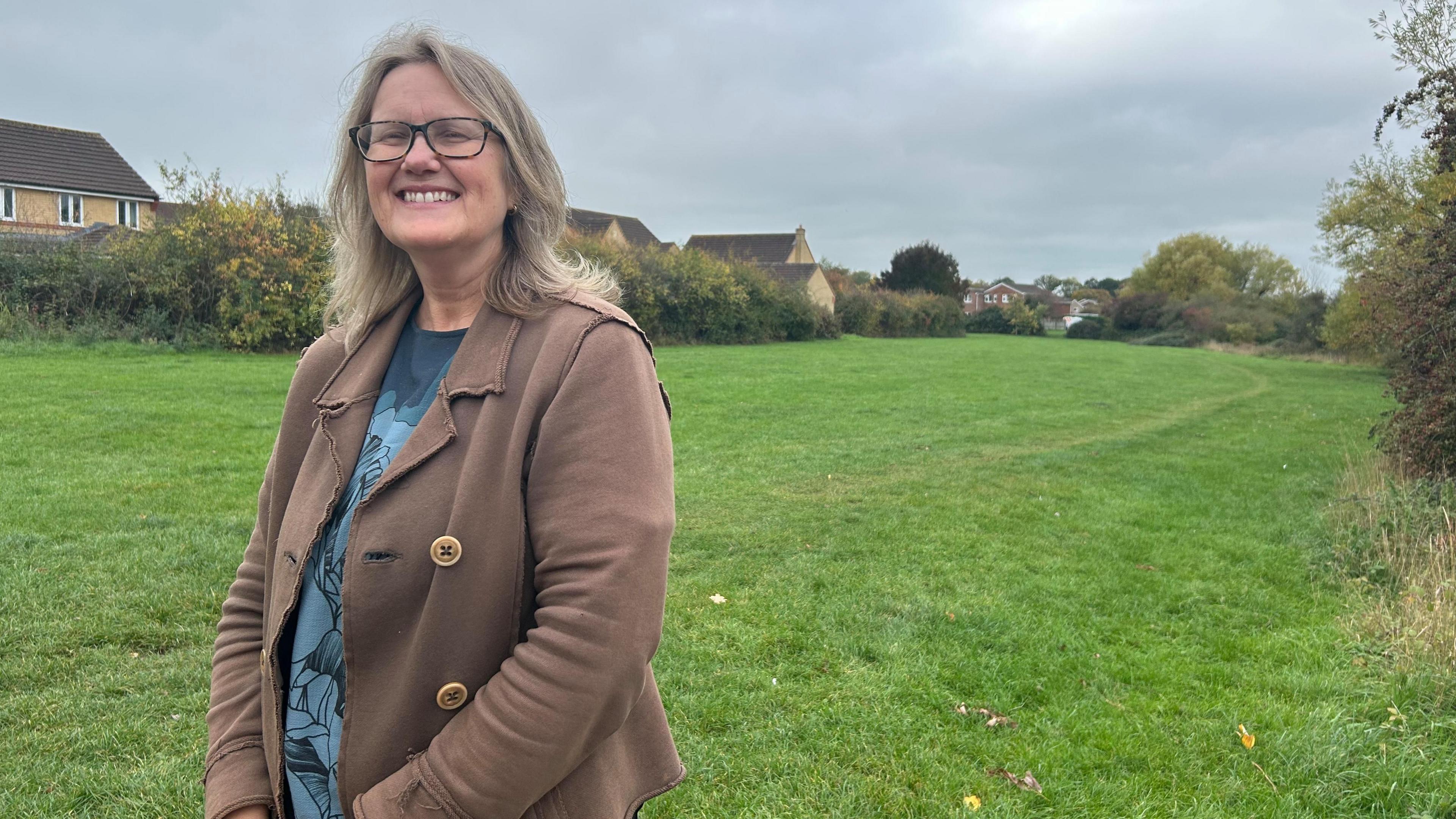
Councillor Mel Jacob said no mow zones encourage more pollinators such as bees
One area that's been earmarked to be a no mow zone in Trowbridge is Paxcroft Brooke next to the Paxcroft Mead development, Ms Jacob said allowing the grass to grow long there had been popular in the past.
"Lots of residents walk their dog around here, lots of them enjoy the space and so adding that will not only be beneficial for wildlife but will also be really beautiful."
Resident Kerry Gibson said: "I think it would make it look nicer. Everything's getting built up, each town seems to be getting closer and closer to the last one and just having things that look natural will just be nicer."
But another resident, Stephanie, said: "They're [no mow zones] great but they can also be used as a dog toilet which isn't so great.
"I think they absolutely have their place, and we should be encouraging biodiversity but I don't think they're the answer."
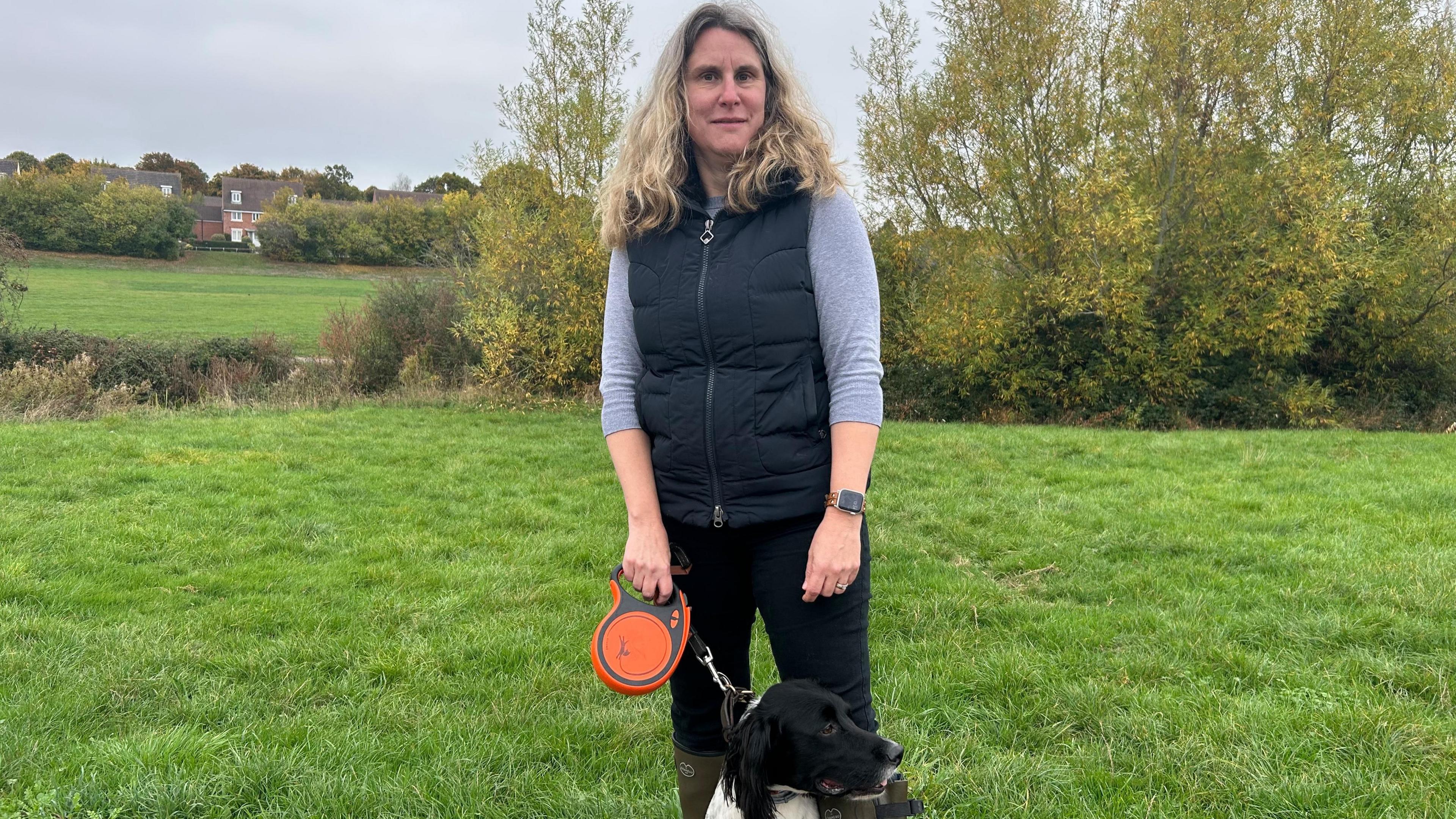
Stephanie said she doesn't believe more 'No Mow' zones are needed in the town
The council survey which will help to decide where 'No Mow' zones will go is set to close on 31 October.
Reflecting on the survey so far, Ms Jacob said the top concerns have related to dog walkers and sport.
Related topics
- Published1 May
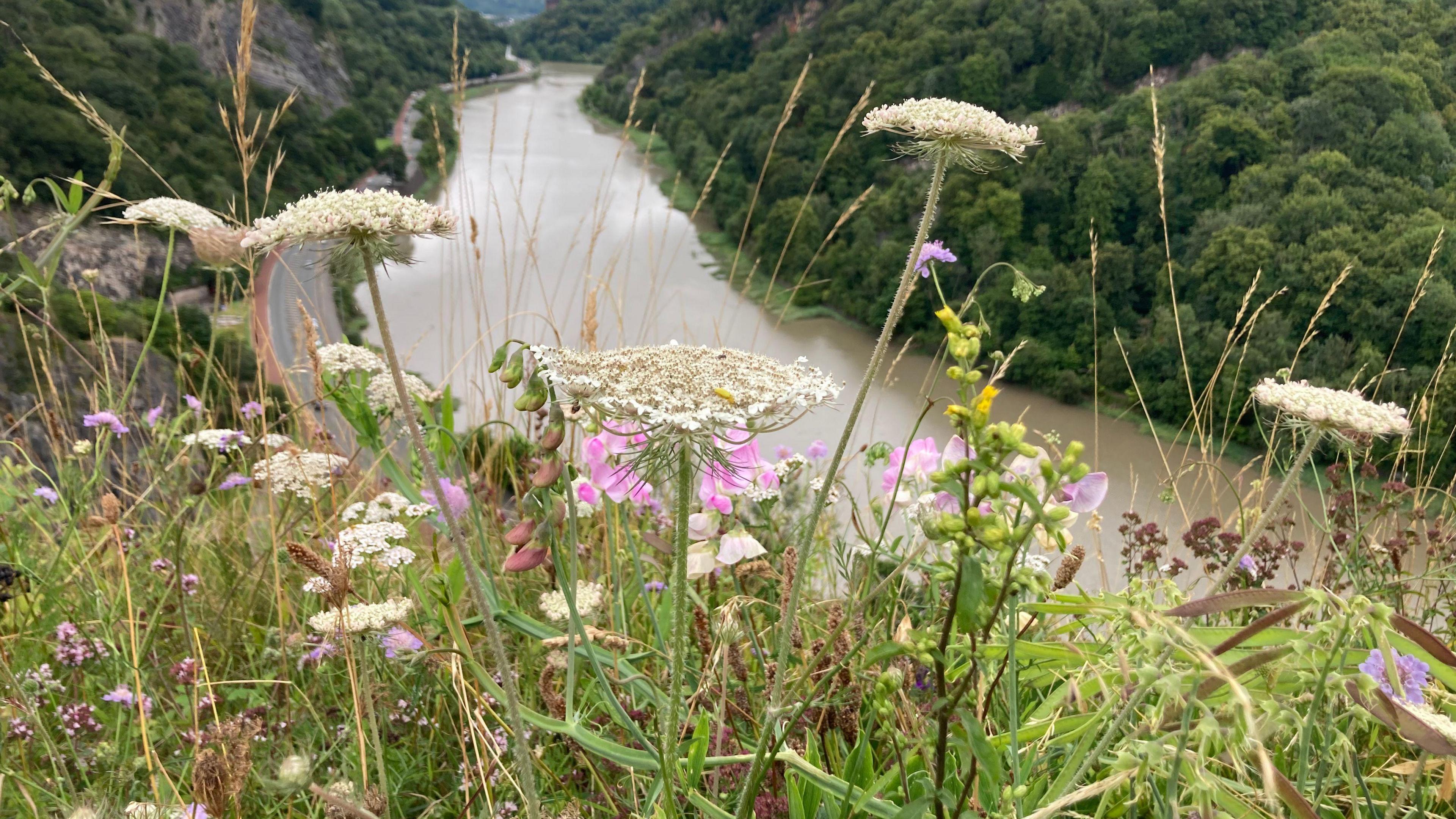
- Published1 May 2024
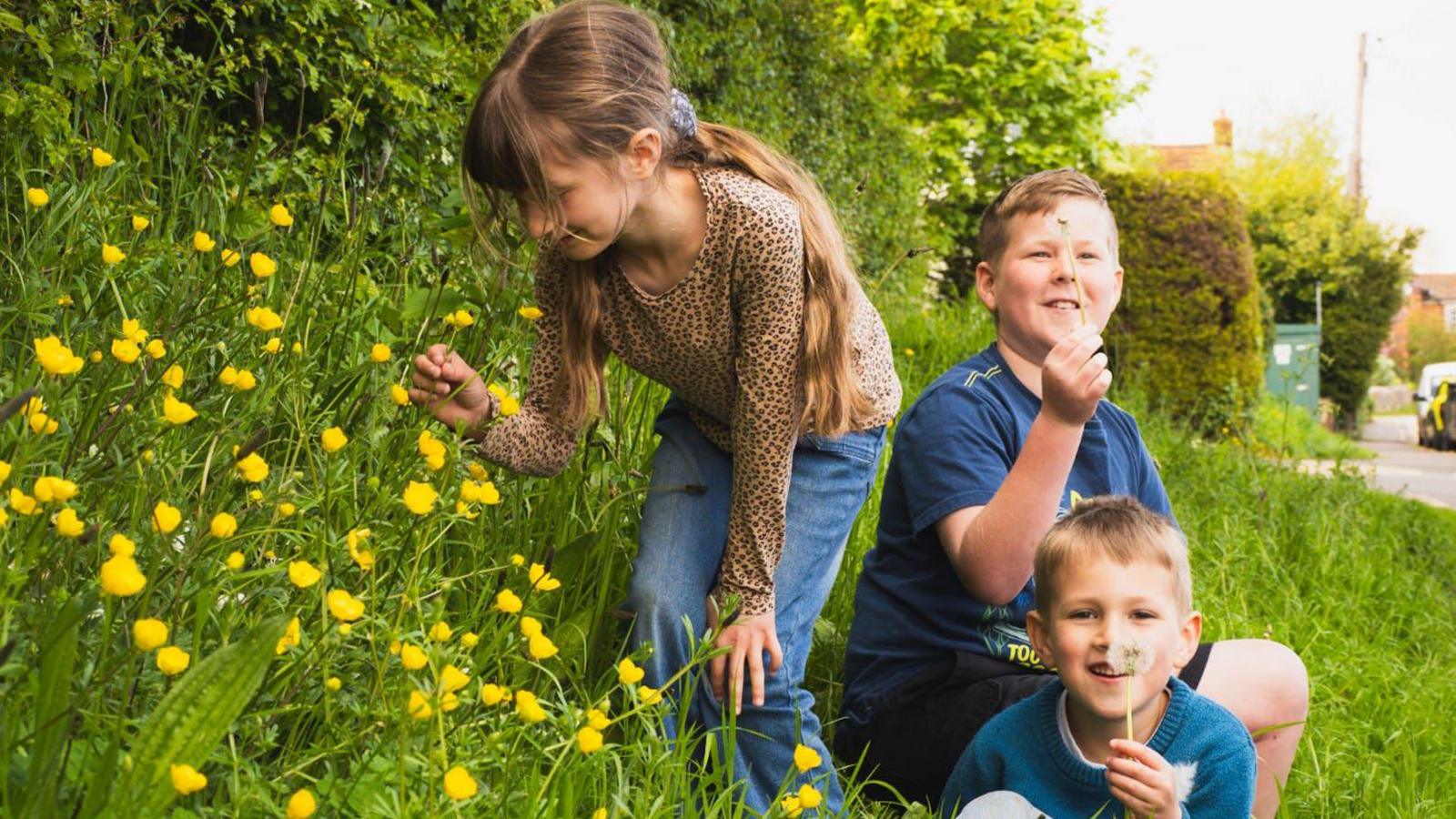
- Published30 January
